ARL Collaborates to Rescue 9 Ponies from Breeding Farm
ARL Law Enforcement files animal cruelty charges
The Animal Rescue League of Boston (ARL), MSPCA, Berkley Police Department and Berkley Animal Control recently collaborated to rescue 9 ponies from a breeding farm in Berkley, MA – the animals will be looking for new homes soon, and ARL Law Enforcement has also filed animal cruelty charges against the former owner.
The 9 ponies were rescued from the property due to unsanitary conditions and inadequate access to food and water.
Investigators on-scene also discovered three deceased ponies and one deceased horse on the property.
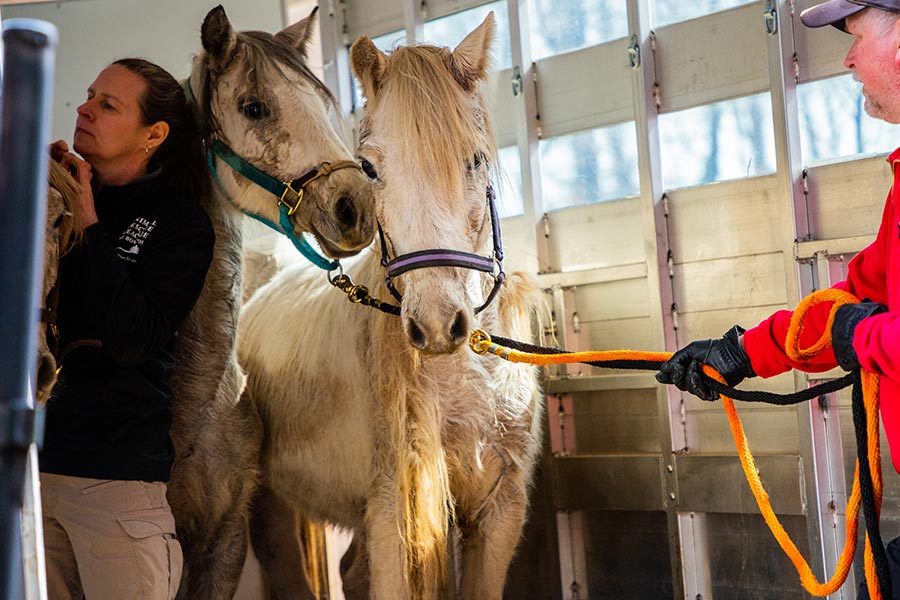
Three of the rescued ponies were taken to ARL’s Dedham Animal Care and Adoption Center, while the remaining six were transported to MSPCA’s Nevins Farm in Methuen, MA.
The three rescued ponies at ARL, now named Owen, Lass, and Kate, are classified as thin to emaciated, scoring between a two and three on the Henneke Equine scale. The animals are currently on a refeeding plan and are receiving veterinary and farrier care.
Owen, Lass, and Kate will need extraordinary care and you can give them their best chance to recover.
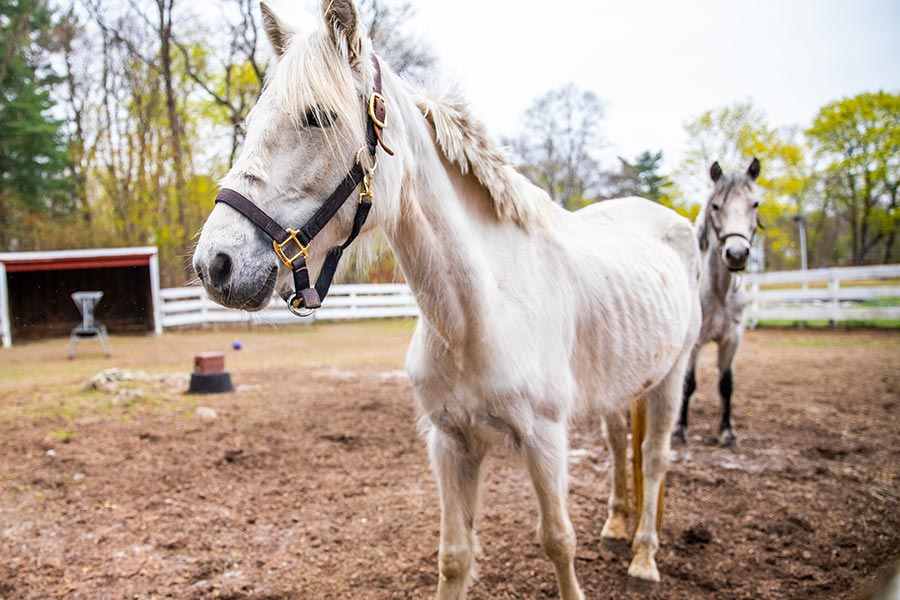
Your emergency gift today can support:
-
- Veterinary care and rehabilitation for animals that have suffered the trauma of neglect
- On-going investigations of cruelty to pursue justice for animals
- Emergency response when crisis strikes and animals are in dire need
This work cannot be done alone and animals like Owen, Lass, and Kate urgently need your help now. Make a gift today.
Ponies in the Care of the MSPCA at Nevins Farm
These ponies remain isolated from the rest of the animals in the organization’s care. Upon intake they all registered between one and two on the Henneke Equine scale, which classifies them as emaciated. They remain fearful but are slowly warming to the presence of staff and volunteers tending to their needs, and the MSPCA expects they’ll be available for adoption within weeks.
Counts of Animal Cruelty Filed
ARL’s Law Enforcement Department has filed 13 counts of animal cruelty against the former owner, who’s scheduled to be arraigned at Taunton District Court later this month.
ARL wishes to thank the MSPCA, Berkley Police Department and Animal Control, as well as the Bristol County District Attorney’s Office for their collaboration and steadfast commitment to the health and wellbeing of these animals.

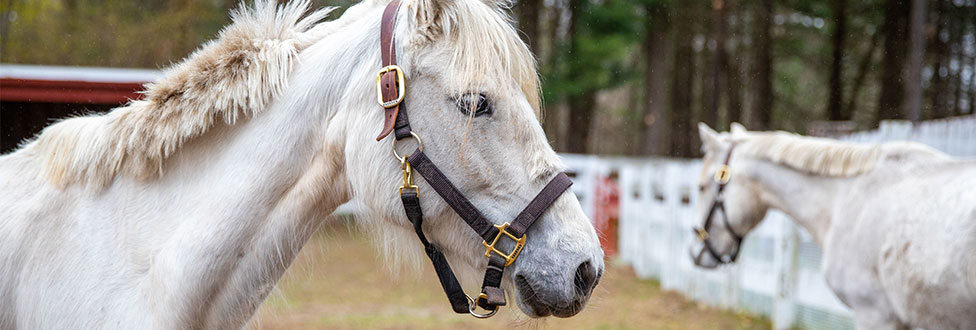

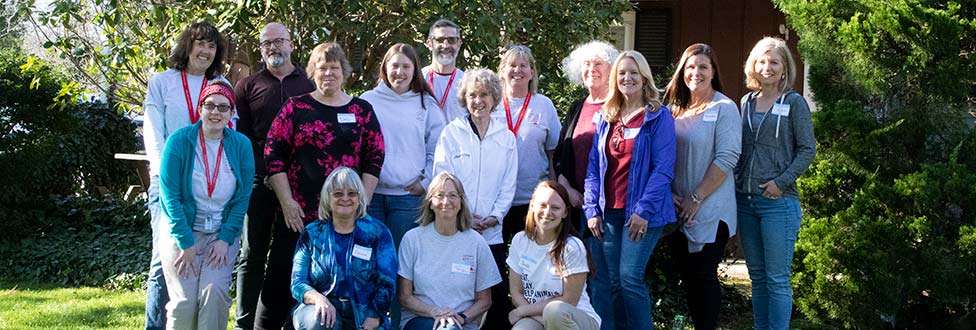




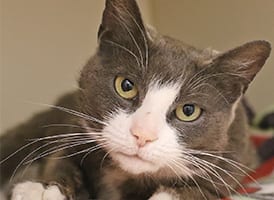
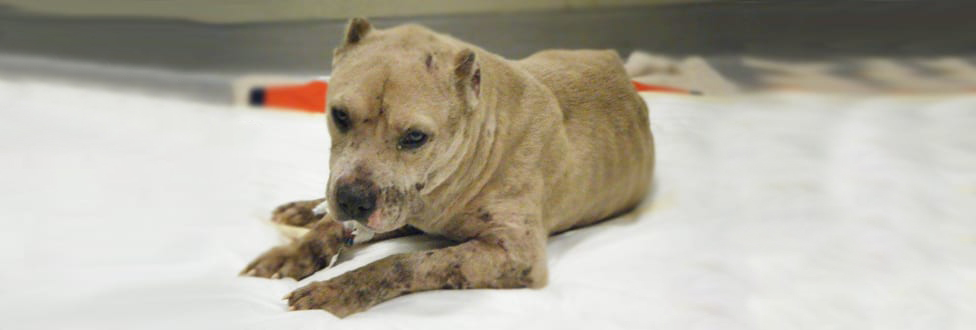
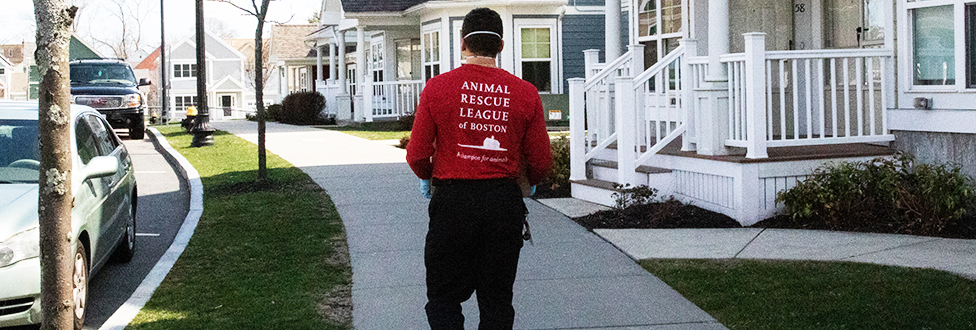
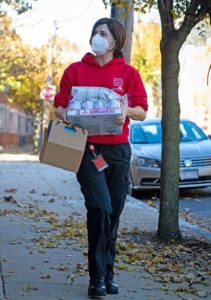 The Keep Pets S.A.F.E. program has been
The Keep Pets S.A.F.E. program has been